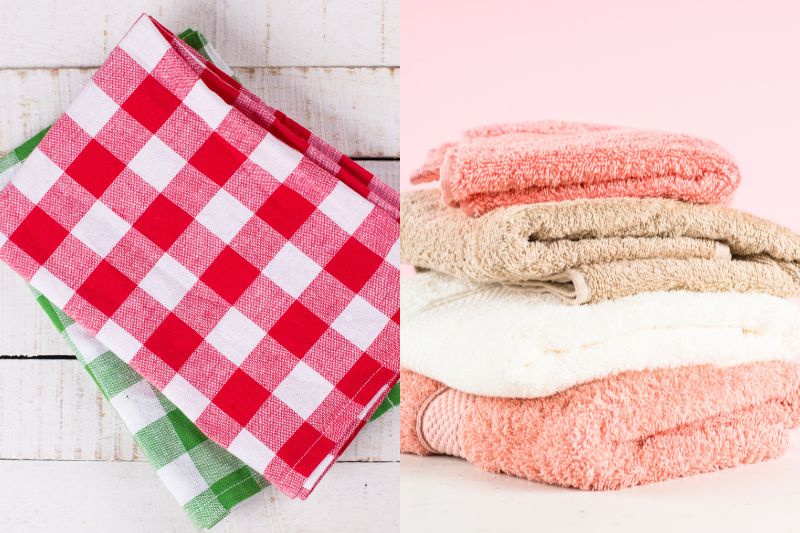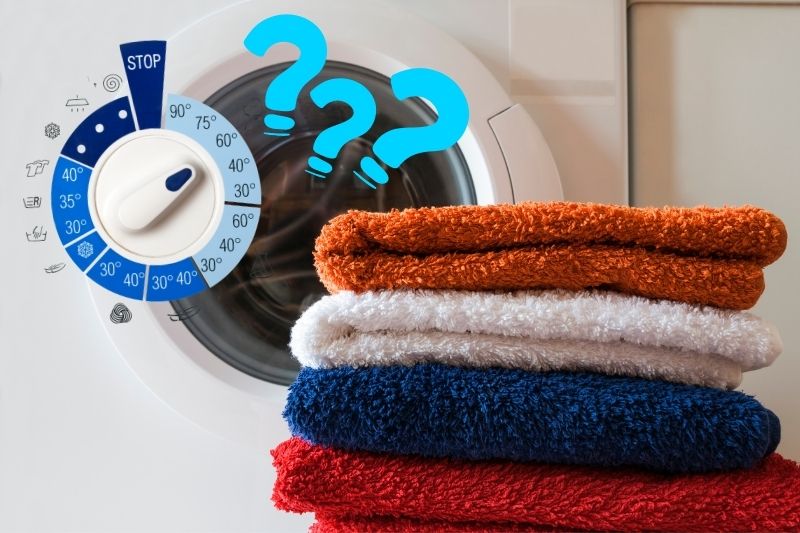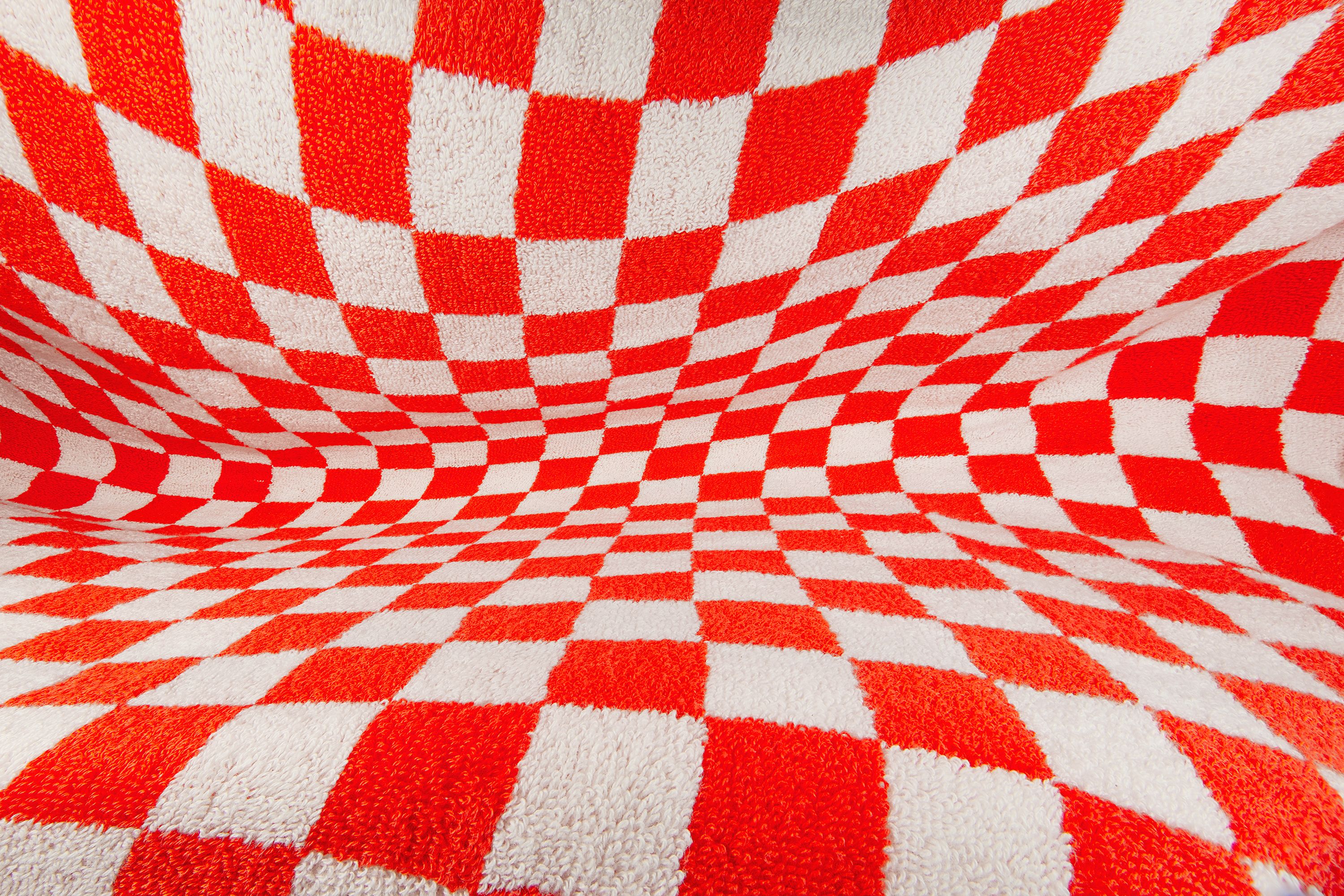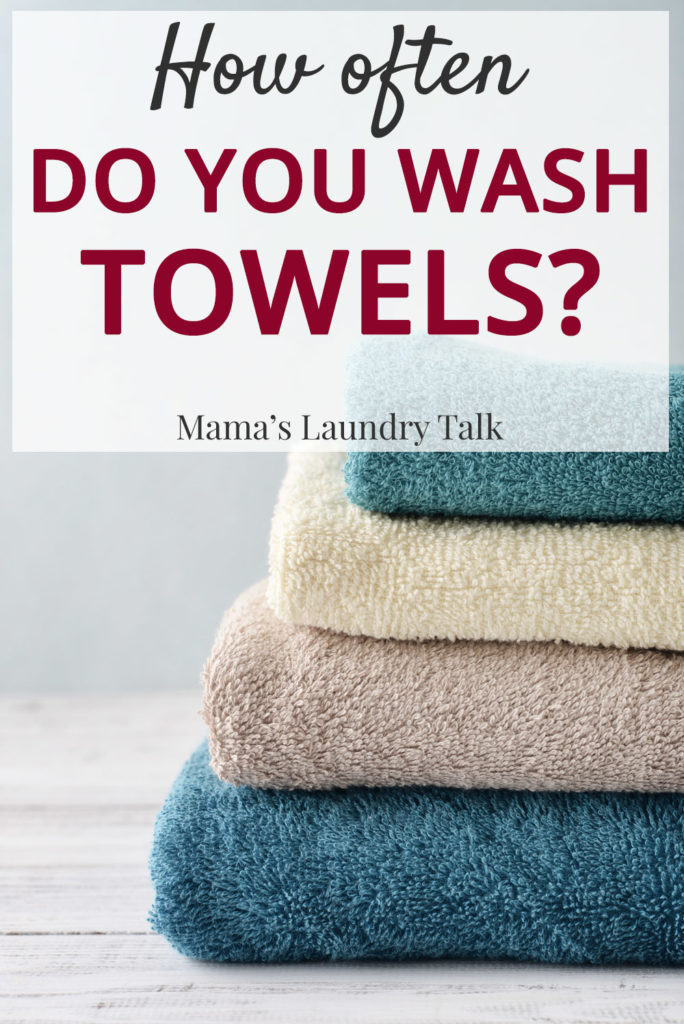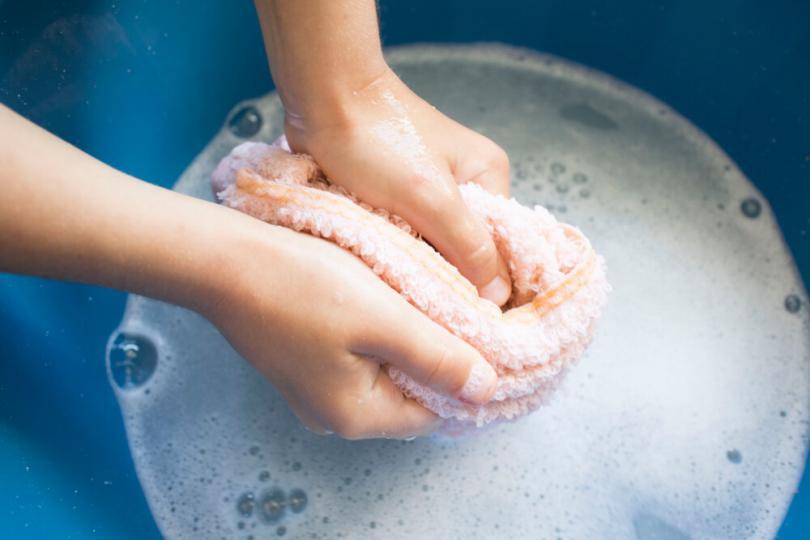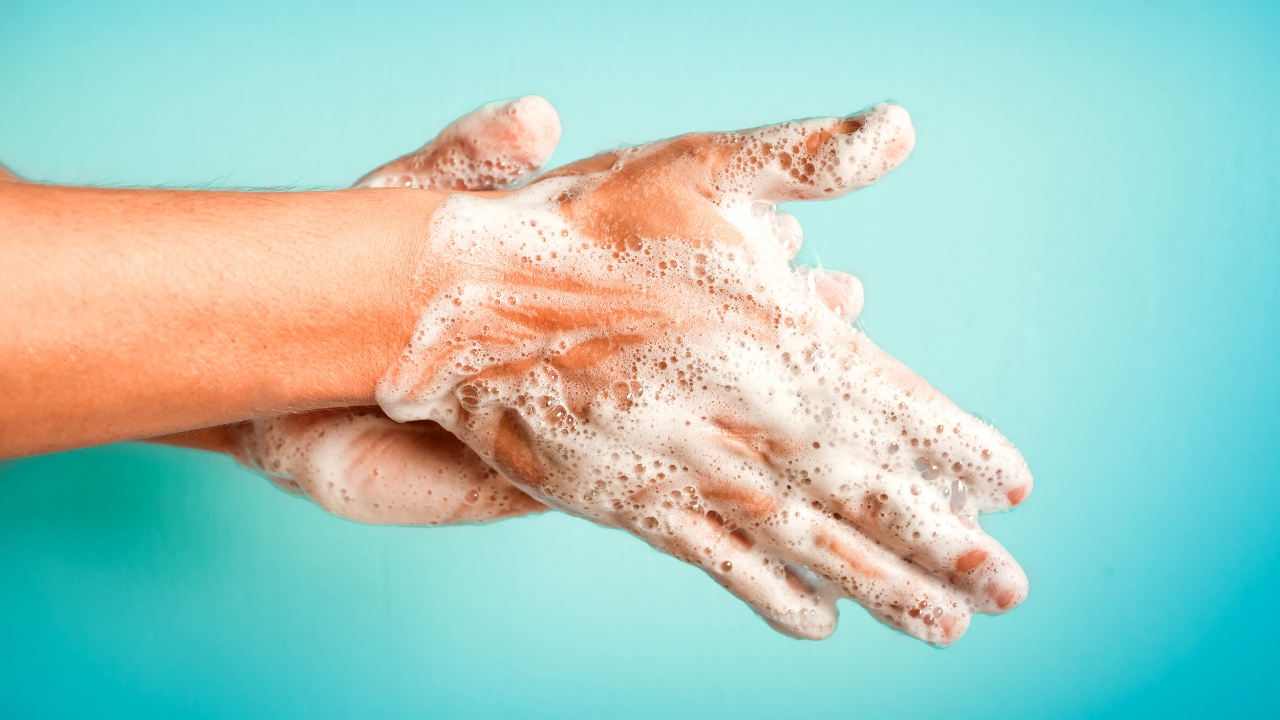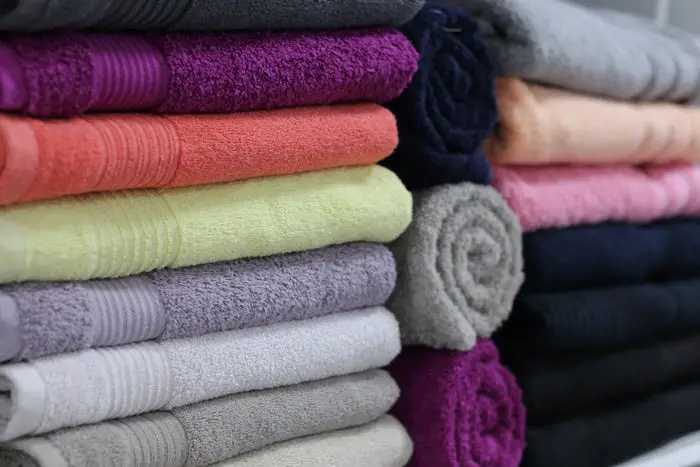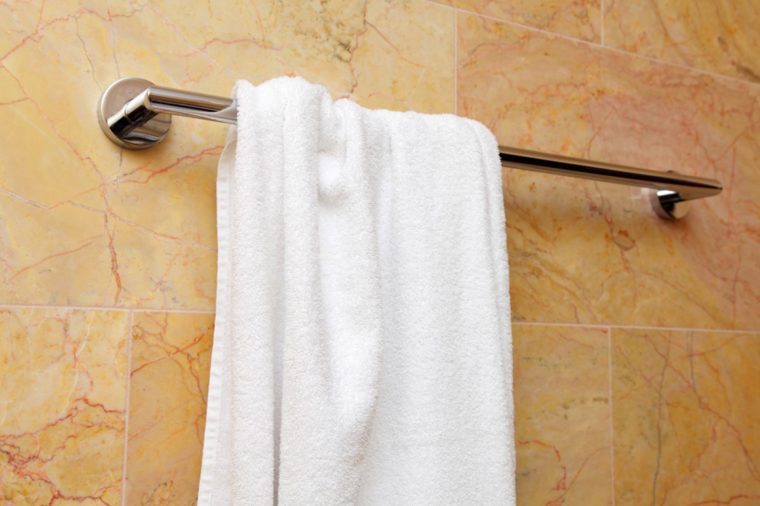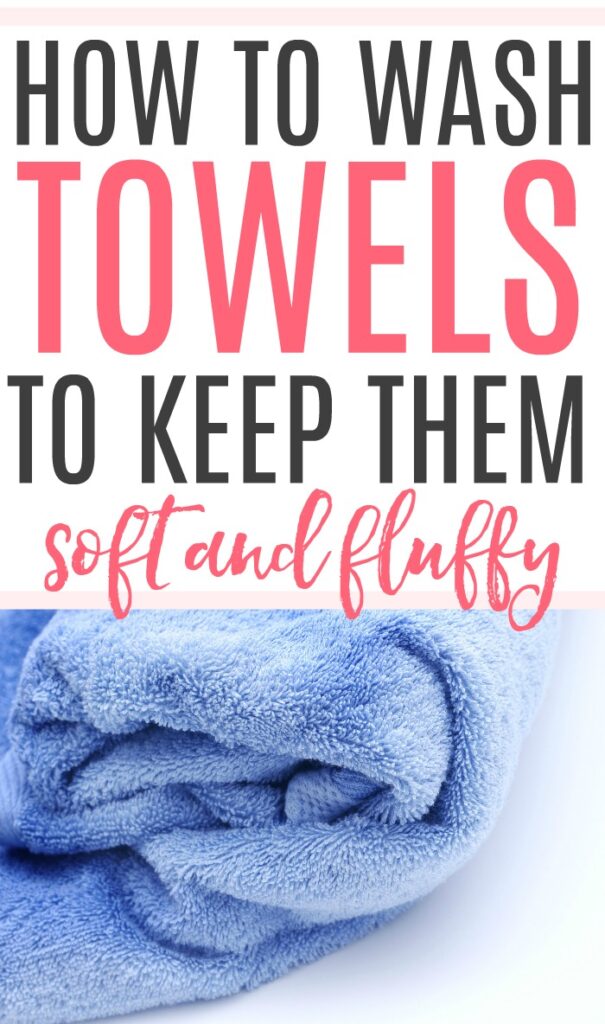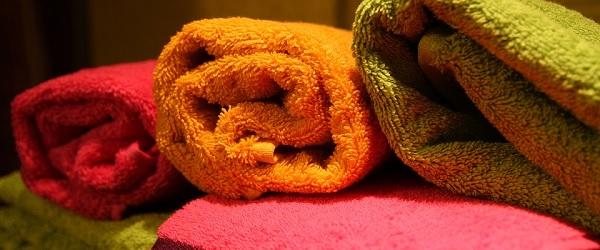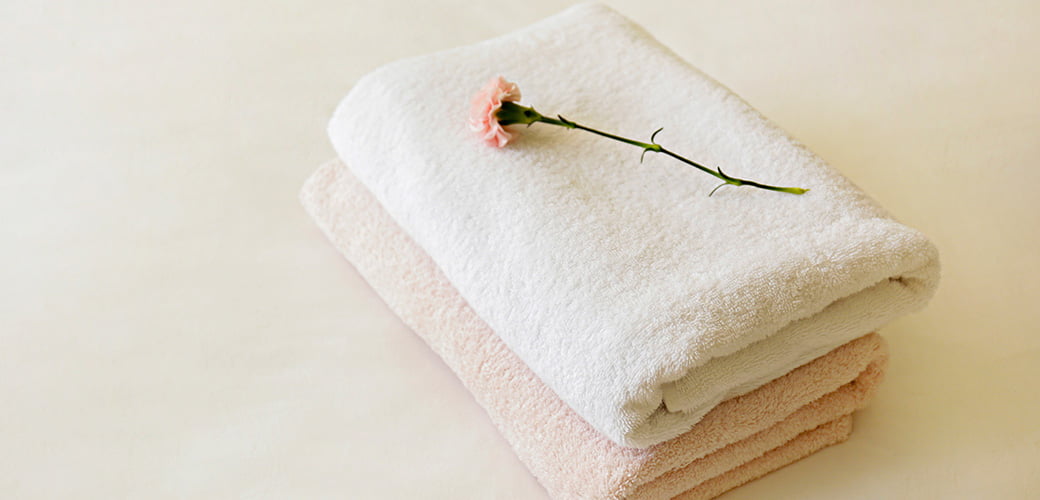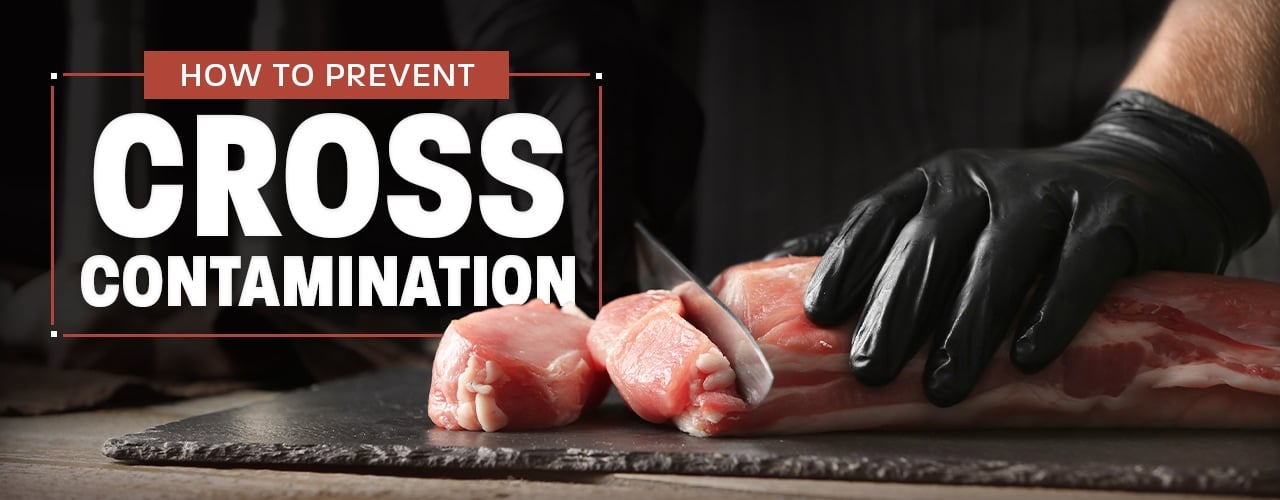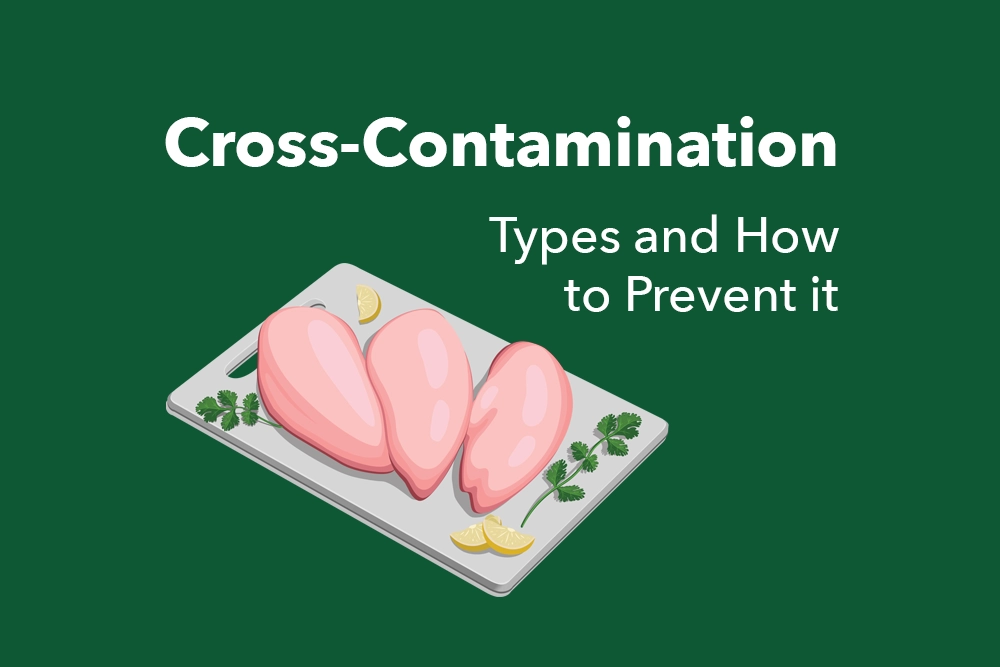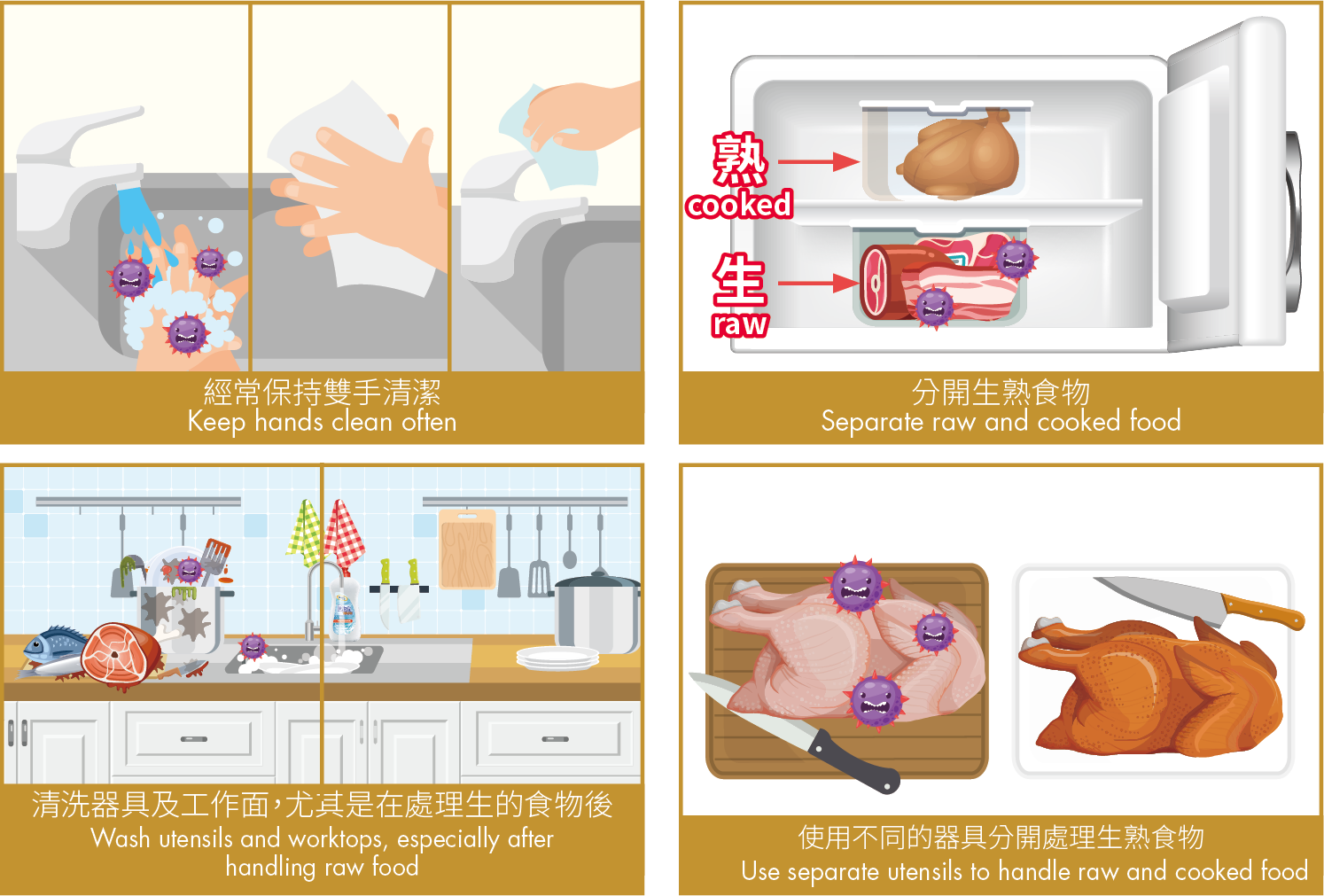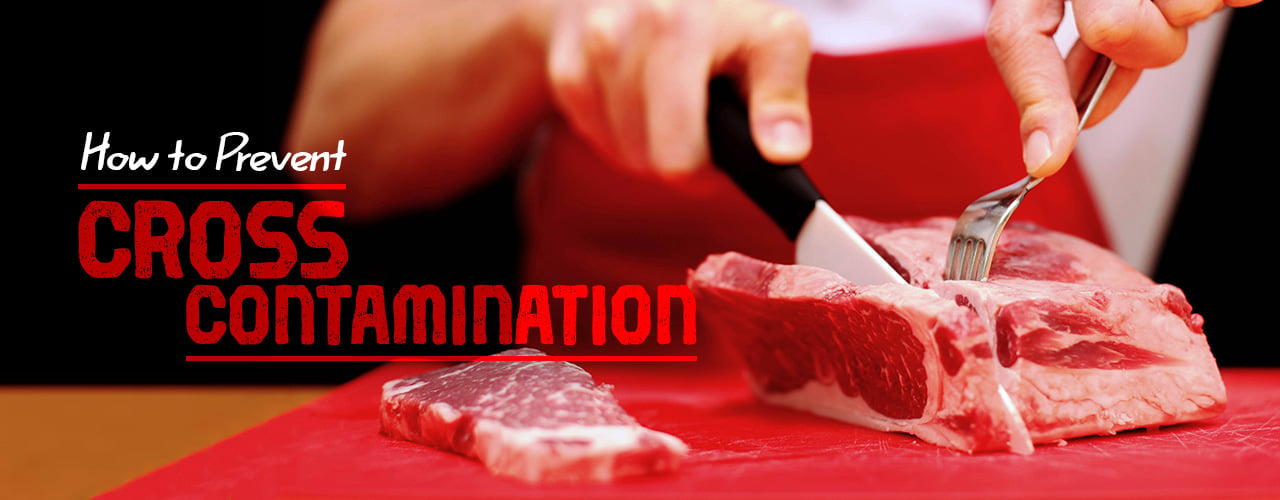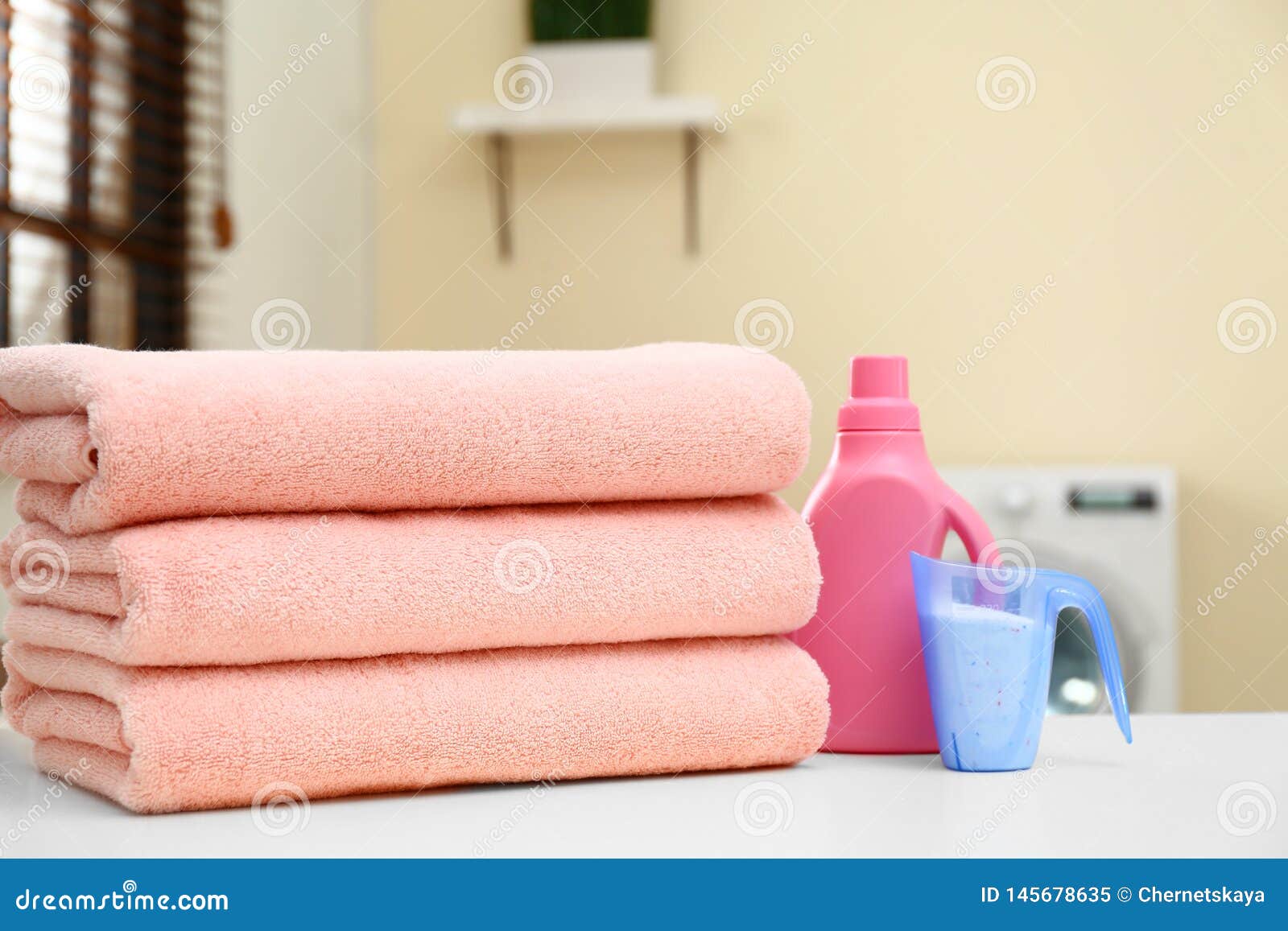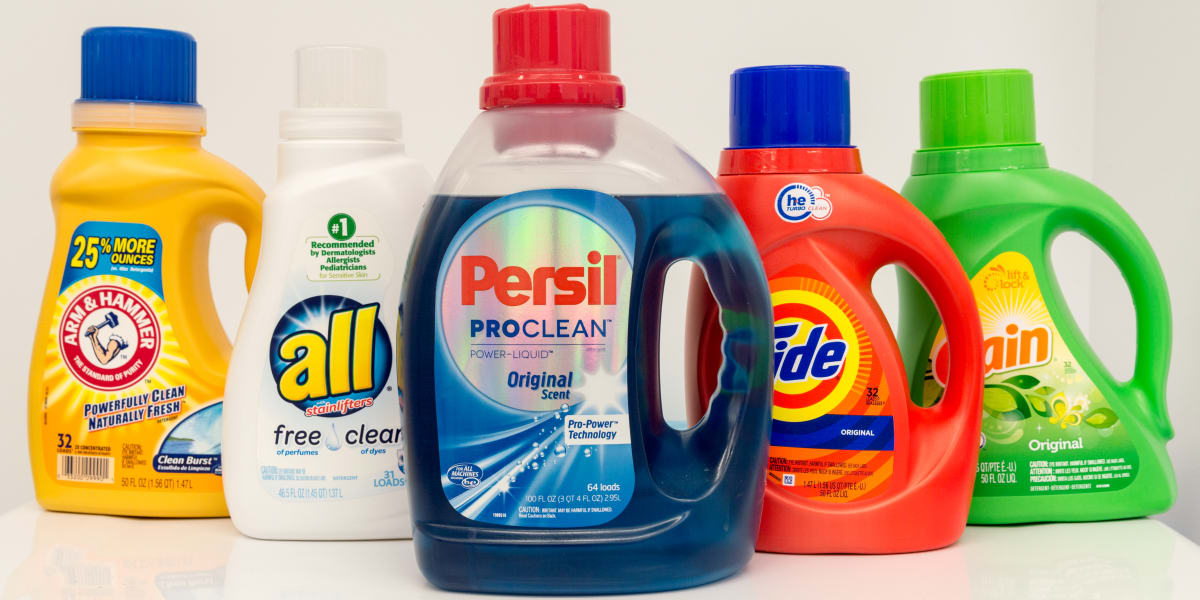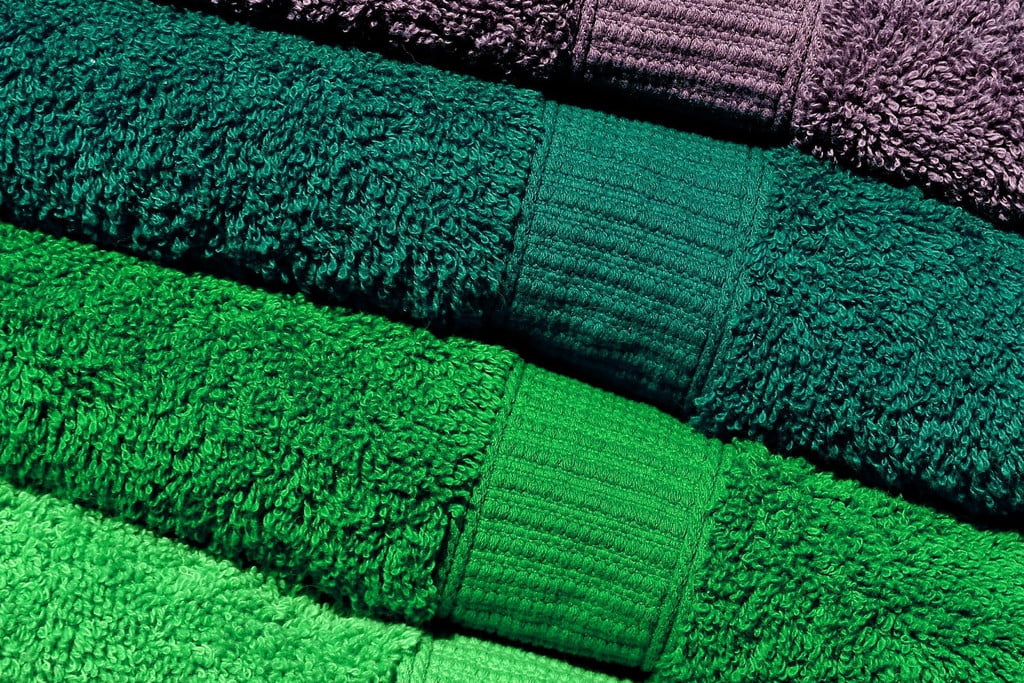When it comes to laundry, there are always debates about the best practices for washing different types of items. One common question that comes up is whether bath towels and kitchen towels should be washed separately. Some people argue that it is necessary for hygiene reasons, while others believe it is just a matter of personal preference. Let's take a closer look at this topic and determine whether washing bath towels and kitchen towels separately is necessary or not.Washing Bath Towels and Kitchen Towels Separately: Is It Necessary?
The main reason for washing bath towels and kitchen towels separately is to prevent cross-contamination. Bath towels are used to dry our bodies after showering or bathing, and they can pick up dead skin cells, bacteria, and other germs. Kitchen towels, on the other hand, are used to clean up spills and wipe surfaces, potentially picking up food particles and bacteria. If these towels are washed together, the bacteria from the kitchen towels can transfer to the bath towels, which can then transfer to our clean bodies. This can lead to a cycle of spreading germs and potentially causing illnesses.Why You Should Wash Bath Towels and Kitchen Towels Separately
If you have decided to wash your bath towels and kitchen towels separately, it is important to know the proper way to do so. First, always wash towels in hot water to kill any bacteria and germs. Then, use a high-quality detergent and add a disinfecting agent, such as vinegar or bleach, to ensure a thorough clean. Be sure to also wash your towels on a heavy-duty cycle and use the extra rinse option if available. This will help remove any lingering soap residue and ensure your towels are completely clean.How to Properly Wash Bath Towels and Kitchen Towels
Aside from preventing cross-contamination, there are other benefits to washing bath towels and kitchen towels separately. By washing them separately, you can also avoid any potential staining from kitchen spills or cleaning products. Additionally, washing towels in hot water can help remove any musty odors that can occur in damp towels. This will keep your towels smelling fresh and clean.Benefits of Washing Bath Towels and Kitchen Towels Separately
If you choose to wash your bath towels and kitchen towels together, there are a few potential consequences. As mentioned earlier, cross-contamination can occur, which can lead to illness-causing bacteria being spread. Additionally, washing towels with kitchen spills and cleaning products can cause stains and make them look dingy. If towels are not washed in hot water, they may also retain a musty odor and feel less clean.What Happens When You Don't Wash Bath Towels and Kitchen Towels Separately
The frequency of washing your towels will depend on your personal preferences and how often they are used. However, it is generally recommended to wash bath towels and kitchen towels after every 2-3 uses. This will ensure that they are always clean and prevent any build-up of bacteria or odors.How Often Should You Wash Bath Towels and Kitchen Towels?
While it is not recommended, it is possible to wash bath towels and kitchen towels together as long as they are thoroughly cleaned. If you choose to do so, be sure to use hot water, a disinfecting agent, and a heavy-duty cycle to ensure they are properly sanitized. However, to prevent any potential issues, it is best to wash them separately.Can You Wash Bath Towels and Kitchen Towels Together?
If you do decide to wash your bath towels and kitchen towels together, there are some steps you can take to prevent cross-contamination. First, always wash your kitchen towels separately from other laundry items, such as clothing and bedding. This will reduce the risk of spreading bacteria to these items. Additionally, you can designate specific towels for different tasks, such as using a different color towel for cleaning versus drying dishes. This will help prevent any transfer of germs between tasks.How to Prevent Cross-Contamination When Washing Towels
Another question that often comes up is whether you should use different detergents for bath towels and kitchen towels. While it is not necessary, you may choose to use a more heavy-duty detergent or one with a disinfecting agent when washing kitchen towels. This will help ensure that any bacteria and food particles are thoroughly removed. However, using a high-quality detergent for all your towels should also be sufficient.Should You Use Different Detergents for Bath Towels and Kitchen Towels?
If you are not convinced about the benefits of washing bath towels and kitchen towels separately, there are some alternatives you can try. One option is to use paper towels in the kitchen instead of cloth towels. This will eliminate the need to wash kitchen towels altogether. Another option is to designate specific towels for different tasks, such as using one set for drying dishes and another for cleaning up spills. This will still require separate washings, but it may be more manageable for some households.Alternatives to Washing Bath Towels and Kitchen Towels Separately
Why Separating Bath Towels and Kitchen Towels is Essential for a Clean and Organized Home
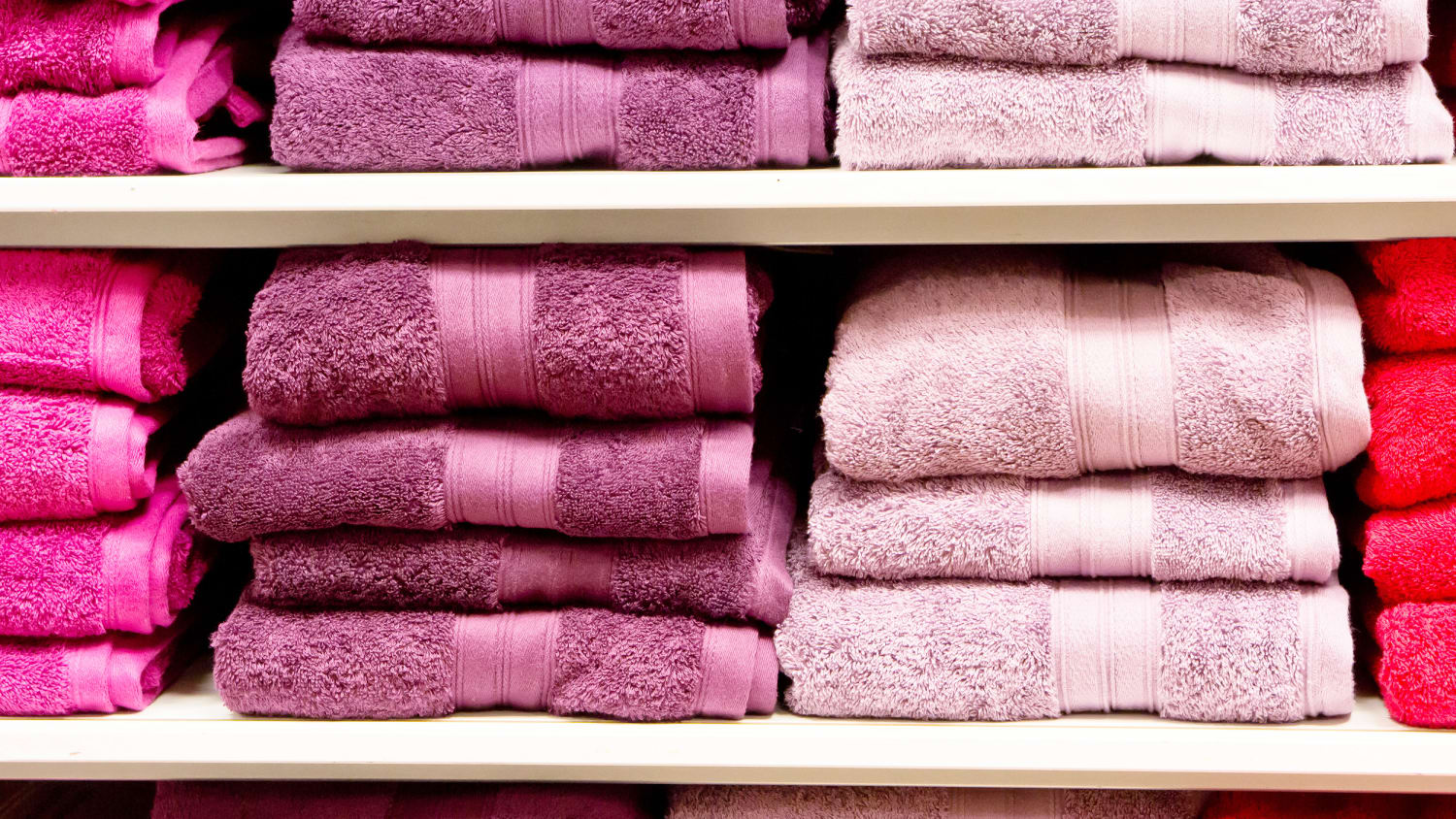
The Importance of Clean Towels
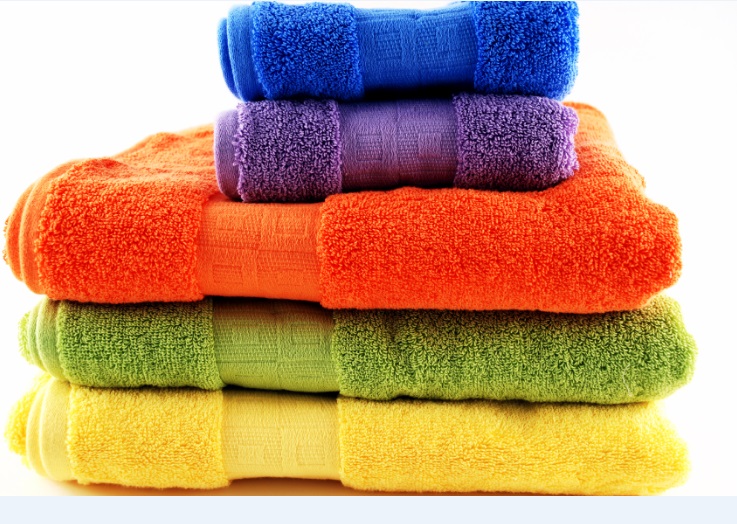 When it comes to maintaining a clean and hygienic home, one of the most overlooked areas is often the towels. Bath towels and kitchen towels, in particular, are used daily and can quickly become breeding grounds for bacteria and germs if not properly cleaned. While it may seem like a simple task to throw all towels in the laundry together, there are actually several reasons why separating bath towels and kitchen towels is crucial for a truly clean and organized home.
When it comes to maintaining a clean and hygienic home, one of the most overlooked areas is often the towels. Bath towels and kitchen towels, in particular, are used daily and can quickly become breeding grounds for bacteria and germs if not properly cleaned. While it may seem like a simple task to throw all towels in the laundry together, there are actually several reasons why separating bath towels and kitchen towels is crucial for a truly clean and organized home.
The Different Uses of Bath Towels and Kitchen Towels
 Bath towels
are primarily used for drying off our bodies after a shower or bath. They often come into contact with dead skin cells, sweat, and other bodily fluids, making them a prime environment for bacteria to thrive. On the other hand,
kitchen towels
are used for wiping down countertops, drying dishes, and cleaning up spills and messes. They are exposed to a variety of different substances, including food particles and grease, which can also harbor harmful bacteria. These different uses and sources of contamination mean that bath towels and kitchen towels require separate cleaning methods to ensure they are thoroughly sanitized.
Bath towels
are primarily used for drying off our bodies after a shower or bath. They often come into contact with dead skin cells, sweat, and other bodily fluids, making them a prime environment for bacteria to thrive. On the other hand,
kitchen towels
are used for wiping down countertops, drying dishes, and cleaning up spills and messes. They are exposed to a variety of different substances, including food particles and grease, which can also harbor harmful bacteria. These different uses and sources of contamination mean that bath towels and kitchen towels require separate cleaning methods to ensure they are thoroughly sanitized.
The Risks of Not Separating Towels
 By washing bath towels and kitchen towels together, you run the risk of cross-contamination. This means that bacteria from one towel can transfer to the other, potentially causing illness or skin infections. This is especially concerning in the kitchen, where cross-contamination can lead to foodborne illnesses. Additionally, washing towels together can also cause the transfer of stains and odors, making your clean towels appear dingy and unappealing.
By washing bath towels and kitchen towels together, you run the risk of cross-contamination. This means that bacteria from one towel can transfer to the other, potentially causing illness or skin infections. This is especially concerning in the kitchen, where cross-contamination can lead to foodborne illnesses. Additionally, washing towels together can also cause the transfer of stains and odors, making your clean towels appear dingy and unappealing.
The Benefits of Separating Towels
:max_bytes(150000):strip_icc()/best-bath-towels-4067661_FINAL-631cf23b107d4627a725ee0a4fa234dd.gif) Separating bath towels and kitchen towels
not only helps prevent cross-contamination but also allows for a more effective cleaning process. Bath towels, with their higher exposure to bodily fluids, require hot water and a strong detergent to properly eliminate bacteria. Kitchen towels, on the other hand, may need a different cleaning method, such as adding vinegar to the wash, to effectively remove food particles and grease. Separating towels also helps to maintain their appearance and absorbency, as they won't be weighed down by residue or stains from the other type of towel.
Separating bath towels and kitchen towels
not only helps prevent cross-contamination but also allows for a more effective cleaning process. Bath towels, with their higher exposure to bodily fluids, require hot water and a strong detergent to properly eliminate bacteria. Kitchen towels, on the other hand, may need a different cleaning method, such as adding vinegar to the wash, to effectively remove food particles and grease. Separating towels also helps to maintain their appearance and absorbency, as they won't be weighed down by residue or stains from the other type of towel.
In Conclusion
 Separating bath towels and kitchen towels is essential for a clean and organized home.
By following this simple yet important step, you can ensure that your towels are properly sanitized and maintain their appearance and functionality. So next time you do laundry, take the extra few minutes to separate your towels and enjoy a cleaner and healthier home.
Separating bath towels and kitchen towels is essential for a clean and organized home.
By following this simple yet important step, you can ensure that your towels are properly sanitized and maintain their appearance and functionality. So next time you do laundry, take the extra few minutes to separate your towels and enjoy a cleaner and healthier home.



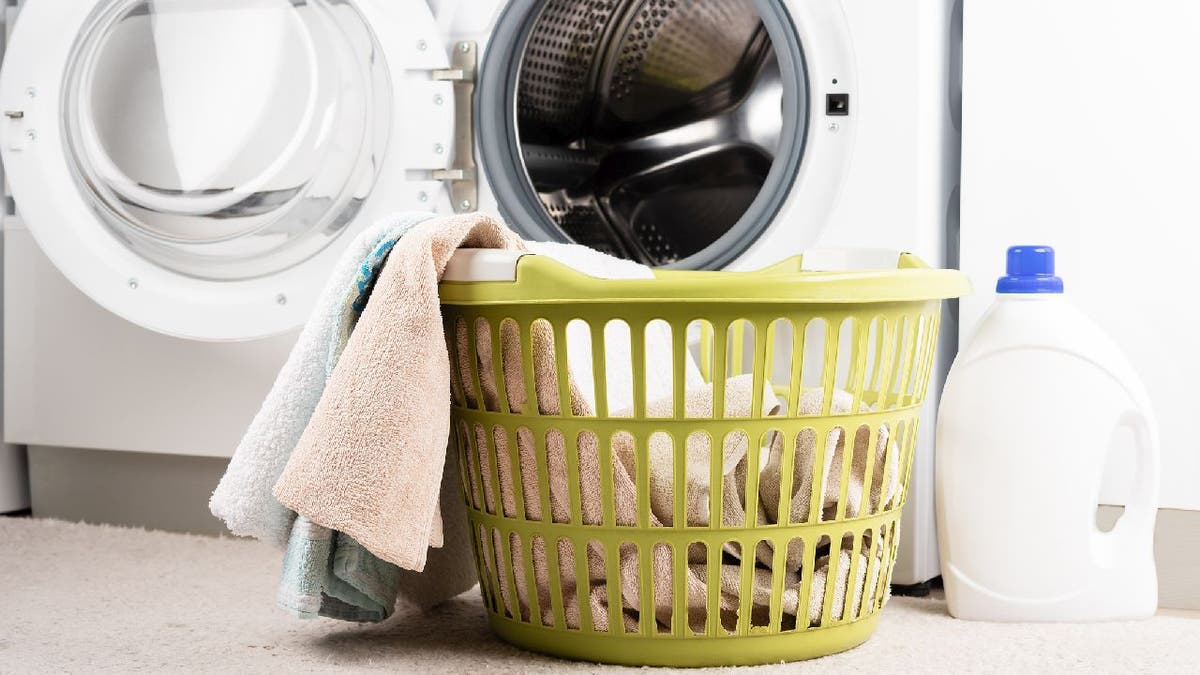




:max_bytes(150000):strip_icc()/are-bath-towels-clean-after-washing-2147014-hero-aa4013202edd4cec94ba8ac8b7b312eb.jpg)



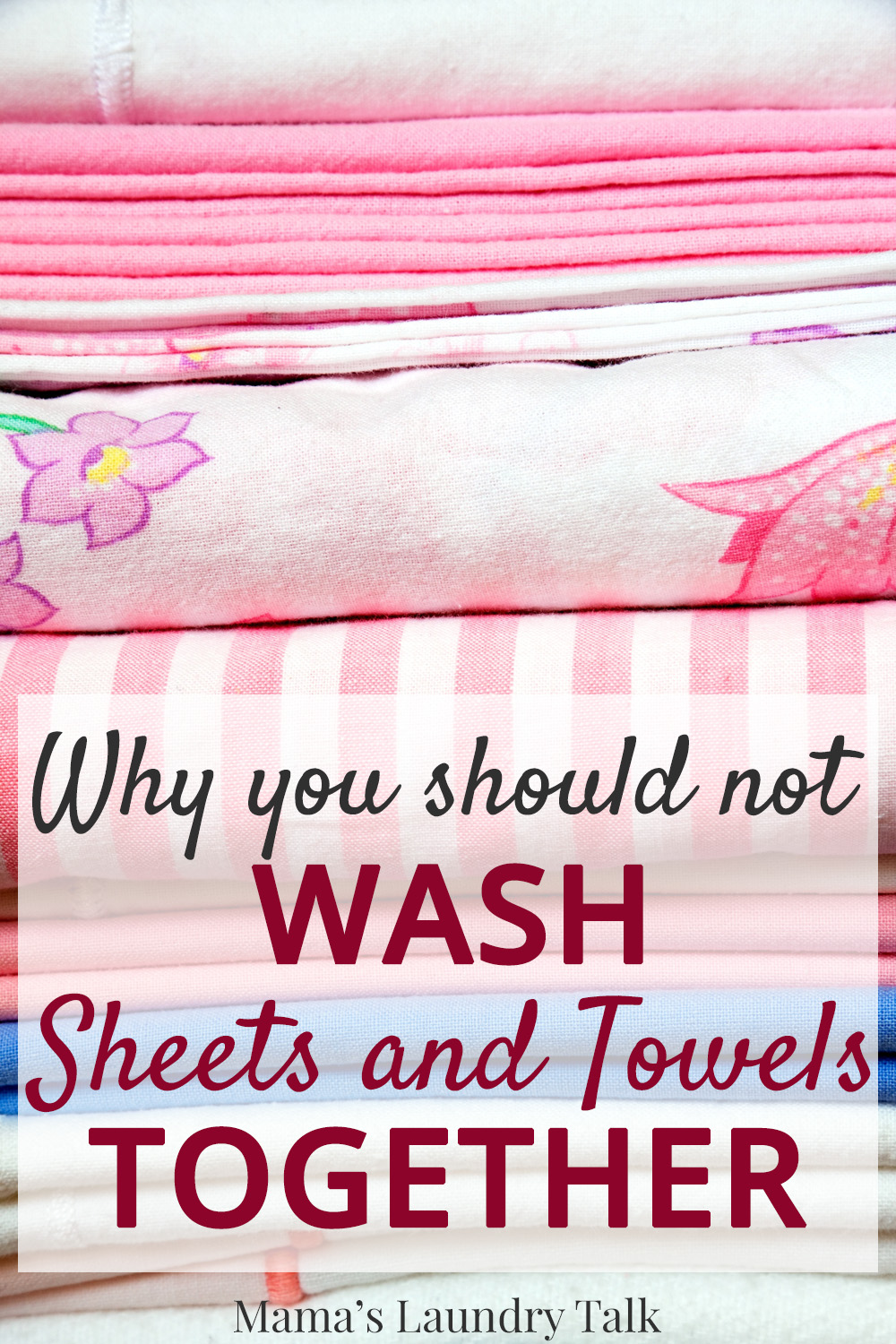




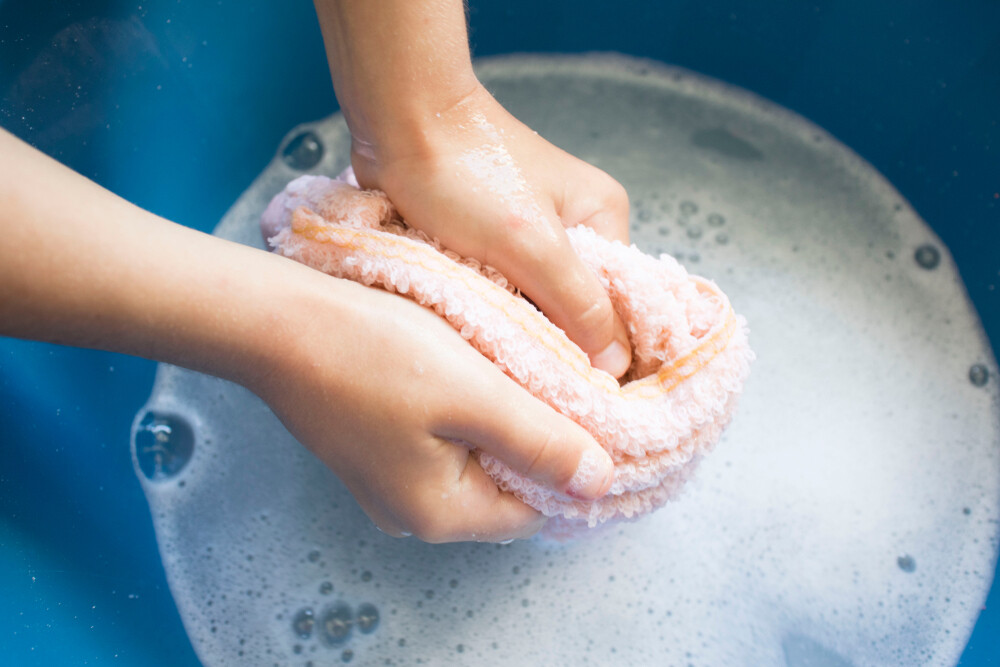

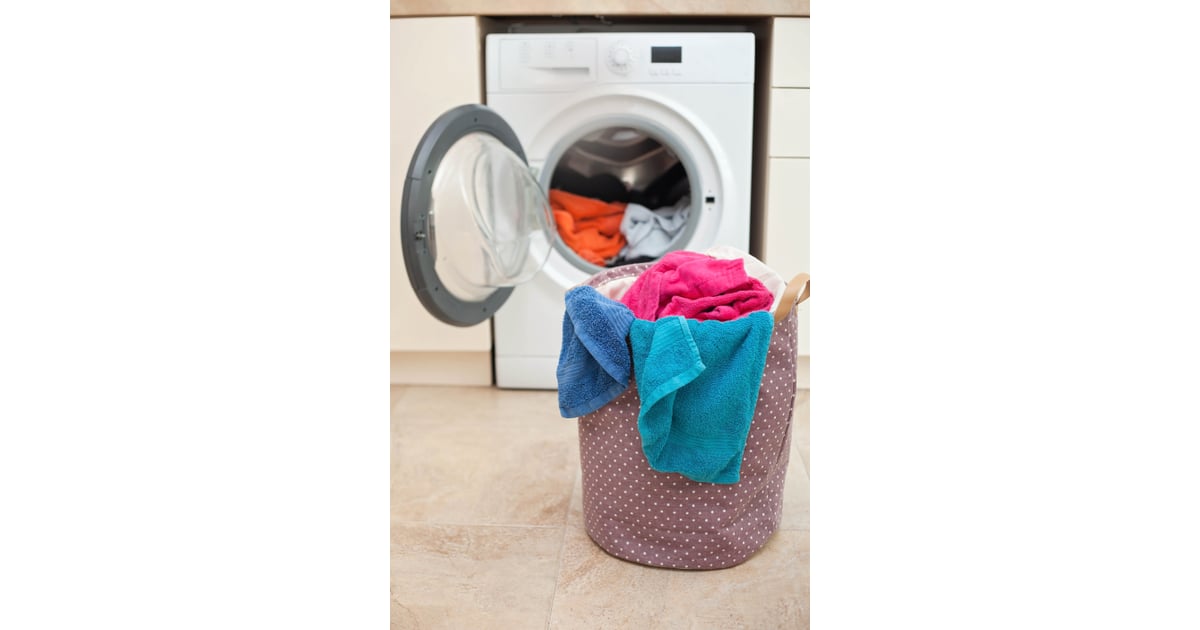

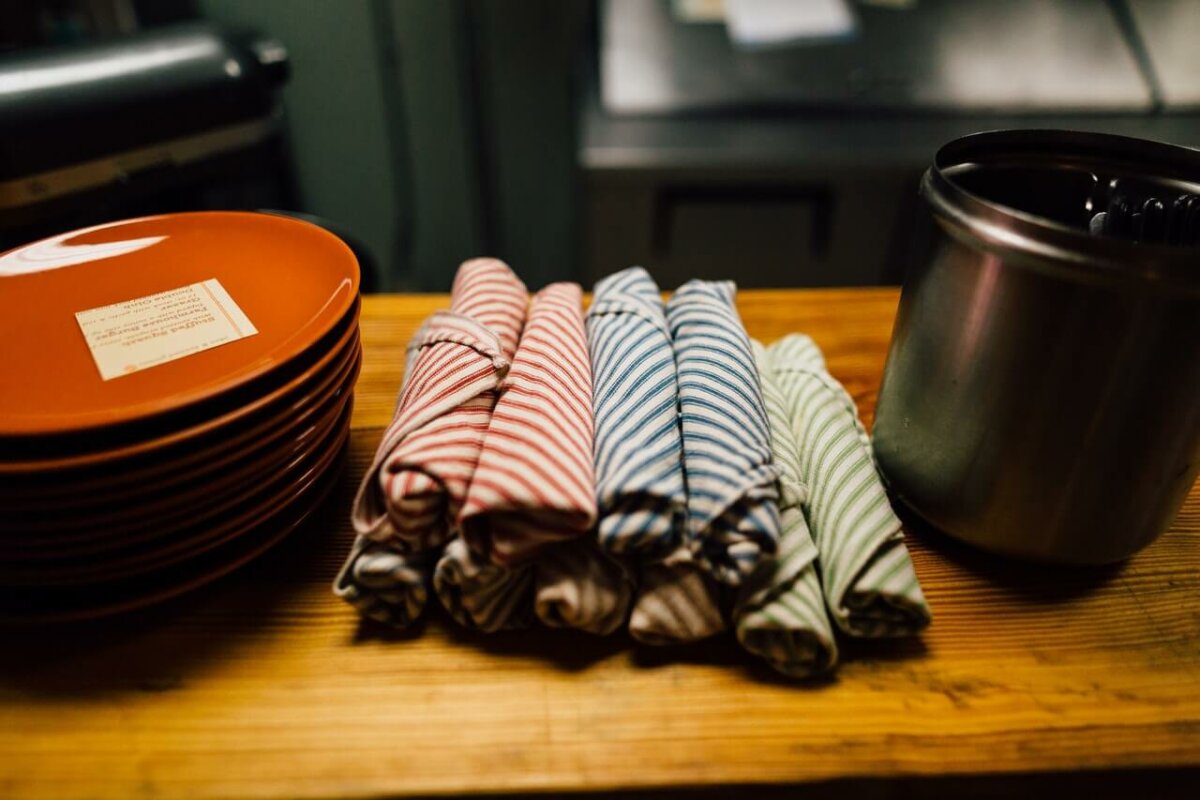



:max_bytes(150000):strip_icc()/152892921-56a591195f9b58b7d0dd6e71.jpg)


